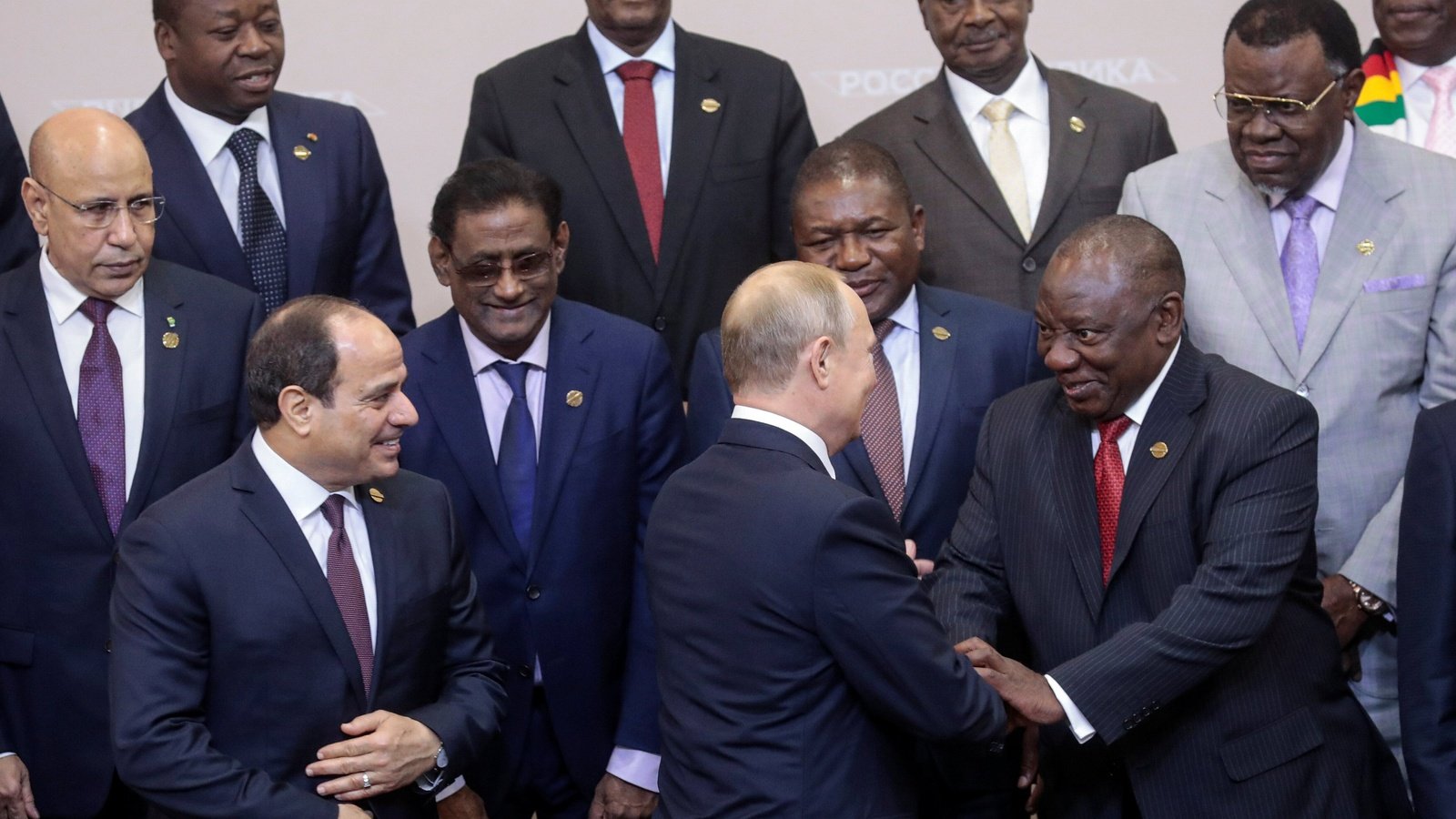The African peace mission to mediate in the Russia-Ukraine conflict has been met with mixed reactions. While some have lauded the initiative as a bol
Key Highlights :

The mission was spearheaded by South African President Cyril Ramaphosa, who was joined by the presidents of Comoros, Senegal, South Africa, Zambia and Egypt, as well as envoys from the Republic of the Congo and Uganda. The delegation presented a 10-point plan to both Ukrainian President Volodymyr Zelensky and Russian President Vladimir Putin, calling for prisoners of war and children to be sent back to their countries of origin and unimpeded grain exports through the Black Sea.
The mission has been seen by some as a chance for African leaders to demonstrate their non-aligned position and to highlight the continent's challenges brought on by the ongoing war. Olexiy Haran, professor of comparative politics at the University of Kyiv Mohyla Academy, believes the mission was a "bold and courageous step" that could have a positive impact on the conflict. "The African delegation has managed to show the world that they are willing to take a stand and be a mediator in a conflict that has been raging for more than a year," he said.
However, others have been less enthusiastic. News24 columnist and analyst Mpumelelo Mkhabela believes the mission was misguided. "Africa is in no position to mediate a conflict between two of the world's biggest powers," he said. "It's a bit of an ego trip for African leaders to think they can make a difference in a conflict that has been going on for so long."
Head of African Futures and Innovation at the ISS Pretoria, Dr Jakkie Cilliers, is more optimistic. He believes the mission should be seen as a positive step in the right direction, even if it doesn't succeed in resolving the conflict. "The mission is a sign of African leaders' commitment to peace and diplomacy," he said. "It is also a chance for African leaders to show the world that they are willing to take a stand and be a mediator in a conflict that has been raging for more than a year."
Professor Siphamandla Zondi of the University of the Johannesburg believes the mission could be a historic moment for African diplomacy. "The mission is a chance for African leaders to demonstrate their commitment to peace and diplomacy," he said. "It is also an opportunity to show the world that they are capable of mediating in a conflict between two of the world's biggest powers."
Ultimately, the mission is a sign that African leaders are willing to take a stand and be a mediator in a conflict that has been raging for more than a year. Whether the mission is an ego trip, misplaced, or a historic moment for African diplomacy is yet to be seen. However, the fact that African leaders are willing to take a stand and attempt to resolve an international conflict is a positive step in the right direction.
